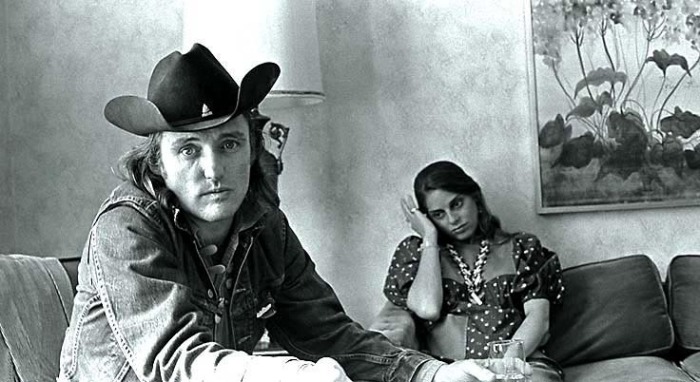Lou-
When David Bowie burst onto the scene in the early ’70s in full Technicolor Ziggy Stardust Glitter Rocker Regalia– he forever changed the Rock ‘n’ Roll landscape, and revolutionized a new genre of pop star and multi media artist like no one before. His influence was felt and reflected in music, culture, dress and attitude. The doors of self-expression and exploration were thrown wide open– with musical and artistic avenues never before explored now becoming ripe, new territory for a young and hungry generation.
BBC considers David Bowie’s 1972 performance of Starman on Top of the Pops nothing short of…
An iconic moment. Broadcast on July 6th, 1972 but recorded the day before, this performance caused a bit of a stir up and down the country. It was the first time many had seen Bowie, and the sight of him camping it up in a multicoloured jumpsuit (with his arm curled limply around Mick Ronson’s shoulder) infuriated some and delighted others. Ian McCulloch (Echo and the Bunnymen): “All my other mates at school would say, ‘Did you see that bloke on Top Of The Pops?’ He’s a right faggot, him!’ And I remember thinking, ‘You pillocks’…It made me feel cooler.”
__________________________________________________________________
_
1974, New York — David Bowie performs as Ziggy Stardust on TV in a room at the Delmonico Hotel. — Image by © Henry Diltz/Corbis
–
–
1972 — David Bowie, as Ziggy Stardust, in concert in the US. — Image by © Neal Preston/Corbis
–
–
David Bowie & Mick Ronson. Mick (in white on the Les Paul) was a major collaborator w/Bowie through 1973. — Image by © Michael Ochs Archives/Corbis
–





